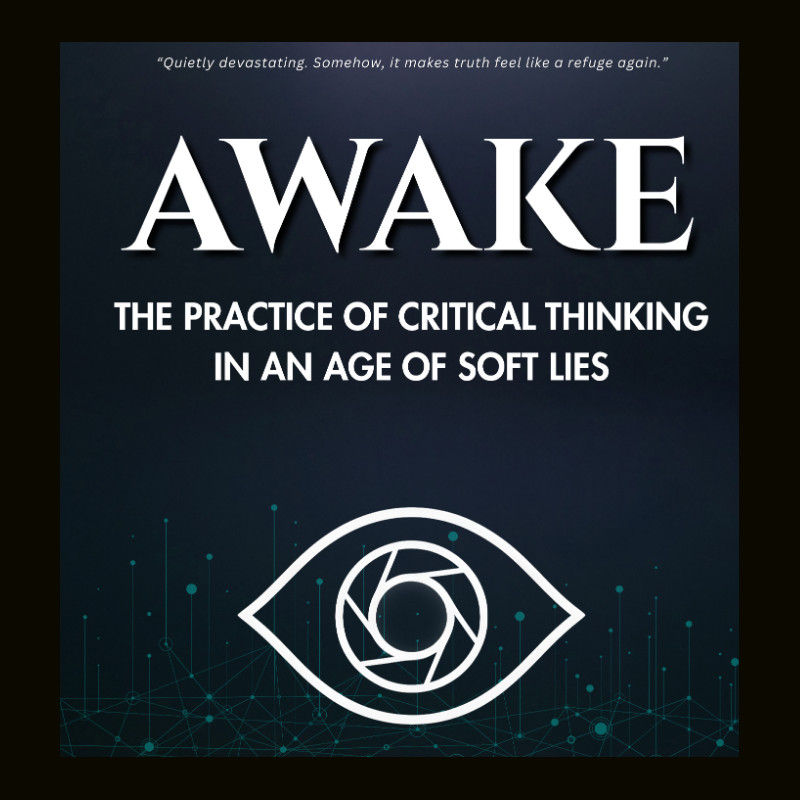Rediscovering Bob Ross in 2024
- Terry Wigmore
- Jan 3, 2024
- 4 min read
I used to shop for Bob Ross - branded artist products when I was first dabbling in painting. I had several Bob Ross "How To" books, as well as a collection of brushes and tubes of paints. Try as I did, I could never achieve the results that Ross made look so easy on TV. Eventually, I gave up painting, but I continued to follow the PBS episodes called "The Joy Of Painting". I learned that as much as I liked to imagine being able to create landscapes myself, I enjoyed watching and more importantly, at least to me, I enjoyed listening to Ross' calm voice as he talked his way through the process with his viewers. Listening to Bob Ross, was a meditative experience for me.
I'm not sure there is an equivalent, in visual arts, but in ancient Greece, the pop-culture dispensation of wisdom came through traveling philosophers (starting with Aristotle, I think) who walked from community to community in the ancient world, gathering students as they literally "walked and talked" their ideas with local followers. These ancient traveling teachers of wisdom are known as the peripatetic school. In the early days of politics in North America, politicians would often engage is public discourse with the local community from a tree-stump, or soap-box, to elevate themselves so more interested people could gather and hear. In the days of television, teachers such as Bob Ross gained a public platform to teach beginners his philosophy of art on PBS.
For Ross, there was absolute joy in the process of painting - something so satisfying because it was possible, with little formal training and simply a desire to learn, for most aspiring artists to achieve enjoyable results following his self-chat style instructions. We (viewers) were allowed to experience Ross as though we were right there, standing feet away, while he created his folksy styled landscapes. He would talk us through brushes, colour-mixing, palettes, and palette knives, canvas choices, easels, thinners and so forth, making all his methodology accessible by his natural, easy-going teaching style.
For me, the most important lesson I received through watching Bob Ross, was one that I didn't really get until years later. I discovered Bob Ross in the 1970s but didn't really get this profound idea until years later, well into my teaching career, and it was the importance of making, accepting, and capitalizing on MISTAKES! The best way to learn is to learn to embrace the mistakes. We're all going to make them in life, so the sooner we can accept that reality, and embrace our own failings, the sooner we can get on to the real business of life - LIVING more fully in the moment.
In Rossian terms, this is learning to use all the "happy little accidents" in art, and in life. In art it is fairly easy to see an errant brush stroke or a colour mix that is a little off, or a perspective on an old cabin that was not quite correct. Observation is the starting point of learning, and sometime we don't quite know why something is off, but we know it just doesn't look right. As we make more and more mistakes, we learn the why - or more accurately, we learn to analyze what we see and come to a conclusion as to what was not quite done the way we desired, and with that analysis, we have learned flexible strategies to remedy what we see in front front of us. In Bob Ross' world there are no mistakes, only happy accidents that we can turn into moments of joy.
I've taken to Bob Ross once again - this time not to learn to paint, or rediscover the joy of the creative process, but to listen to his voice. It is so comforting and calming. Ross is my meditation guide. I put on his videos and close my eyes, plug in my headphones and listen to 20 minutes or so of his soothing tones guiding me to self-acceptance and recognizing that mistakes are ok. And not only are they ok, they are a thing of value, and not to be feared. How many of us (Boomers) had "drill-sergeants" as teachers in Elementary or High school classes - the teacher who walked up and down the rows of desks with a yard stick in his/her hand, achieving order in the class by using the threat of a slam of the stick on your desk if you said or did anything beyond what was expected. Fear was traumatizing in those classrooms, and the resulting order was at best a temporary veneer, serving the satisfaction of the teacher when the principal walked by the class room's open door, in my opinion.
Bob Ross was the opposite. He embraced all the happy accidents in art and life - all those things that were unintended, not well-thought through, but things we could work through and work with nonetheless.
Cheers to Bob Ross, his life and teachings, and for helping us to accept the happy little accidents in art and life. "Wherever you think the little cloud should live, that's exactly the right place for it." (Bob Ross - from Little Home in the Meadow - https://www.youtube.com/watch?v=nU1zV93N-kI )






Comments